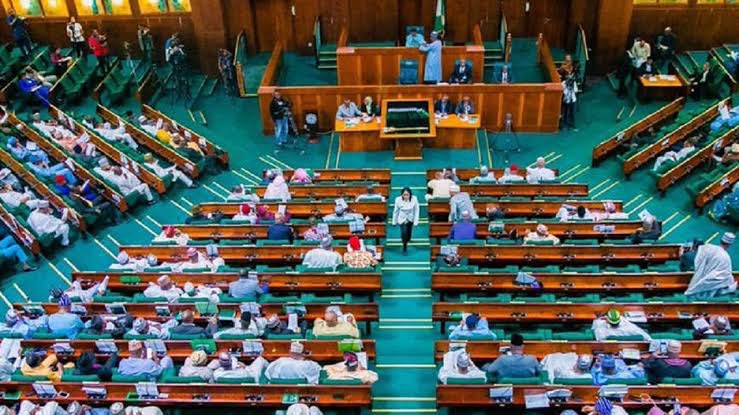The House of Representatives Committee on HIV/AIDS, Tuberculosis and Malaria has slammed the Ministry of Health over disengagement of a local contractor in a $100 million loan agreement to eliminate malaria.
The loan agreement is between Nigeria and the Islamic Development Bank meant to address the challenge of malaria in the country.
The Chairman of the Committee, Amobi Ogah, criticized the ministry at a stakeholders meeting between the contractor and the ministry Abuja.
He expressed displeasure that succour which was expected through the intervention was yet to materialise even after signing the loan agreement in 2022.
Amobi directed that the Minister of Health, Prof Ali Muhammad Pate, to provide a comprehensive report of the transactions pertaining to the agreement to the committee within two weeks.
The report is expected to explain in detail why the local vendors approved for the agreement were disqualified and not given access to the job.
Amobi said the meeting was to resolve the logjam that seemed to have crippled the implementation of the Islamic Bank Loan to support malaria elimination in Nigeria under the Lives and Livelihood Project.
He said the project was aimed at reducing under-five mortality in Nigeria from 132 to 79 per 1,000 births by 2030.
ALSO READ: How new technology can protect women shea butter processors
“We are aware that malaria continues to exert a huge burden on the majority of Nigerians, with the greatest toll affecting children under 5 and pregnant women.
“Nigeria contributes 27 per cent of the global malaria cases and 31 per cent of global malaria deaths.
“In view of this sad story every effort must be made to support any initiative that attempts to reduce or eliminate malaria burden in Nigeria.
“We are at a loss as to the reason the loan agreement between Nigeria and the Islamic Bank, expected to last for 3 years, is terminating by the end of this year has suffered monumental setbacks.
“We as the parliament, representing the people of Nigeria who are affected and ravaged daily by the malaria epidemic cannot fold our hands and watch matters degenerate, hence our intervention.”
Responding, the minister, said the agreement was reversed because there were issues with the local producer.
ALSO READ: Africa’s Health Challenges: Stakeholders call for global action
He said according to the design of the loan, there was an agreement by the government to utilise a United Nations procurement agent, UNOPS, and a Memorandum of Understanding was signed.
“The provisions for all commodities, drugs test kits would be channelled through UNOPS in particular, those that are going to be produced here should be bought here.
“For bed nets in specific terms, the original MOU was for the bed nets to be procured using national competitive bidding on the assumption that there were three local producers who are pre qualified.”
He said that,” of the three only one was pre-qualified and that is the company in the country that was to be involved.
” The tender process started in early 2023. The process ran into procedural difficulty and it was suspended by UNOPS in an open and transparent manner and investigated.”
He said that consequently, the MOU was reversed because there were issues with the sole producer.
“Amendment was made to go for international competitive bidding and that revised MOU was signed by a member of the government,” he said.
NAN


